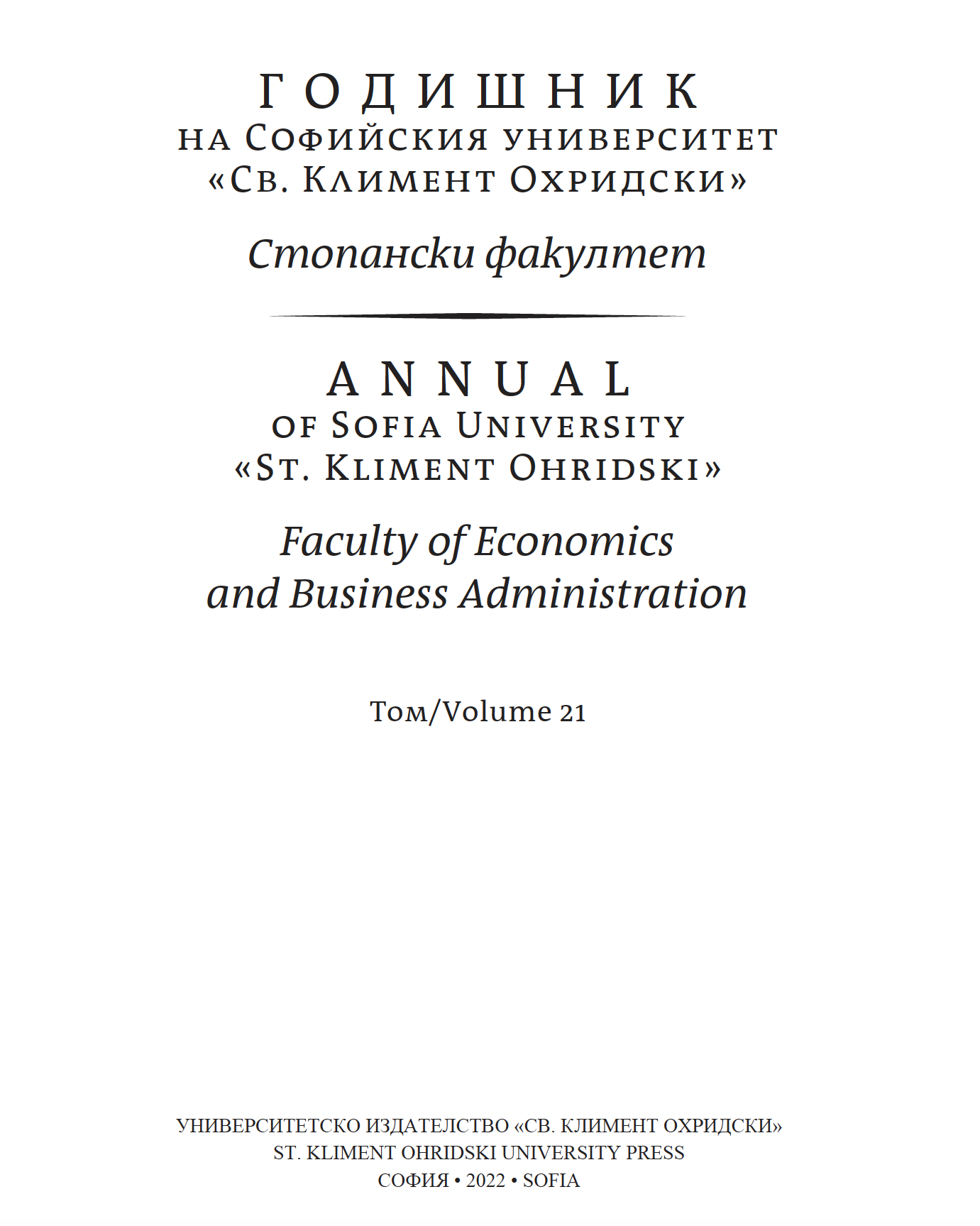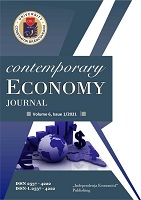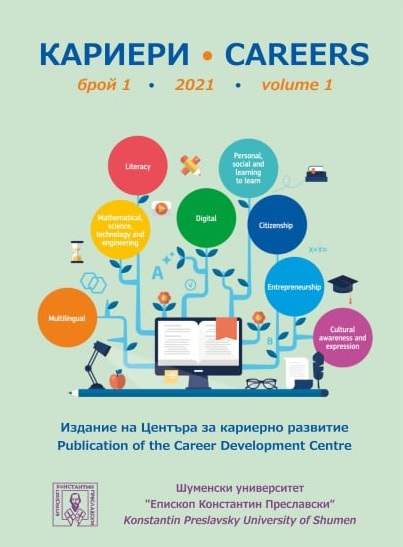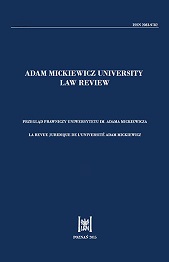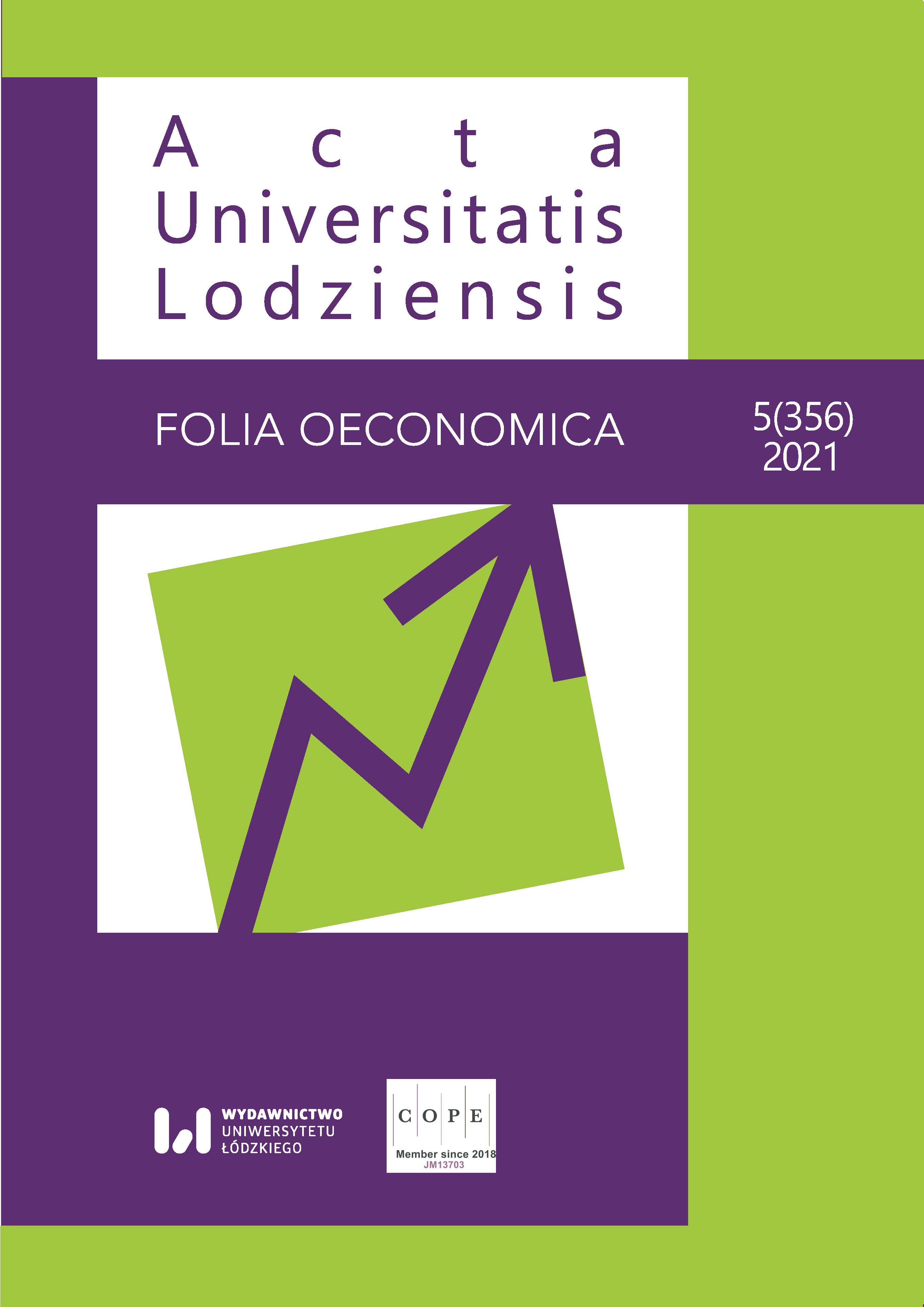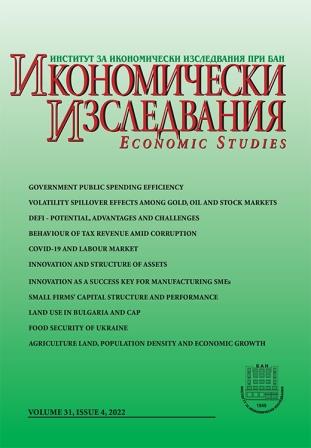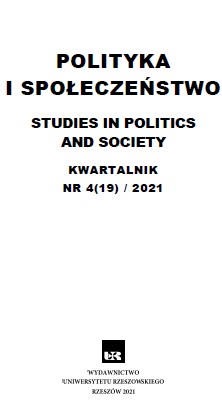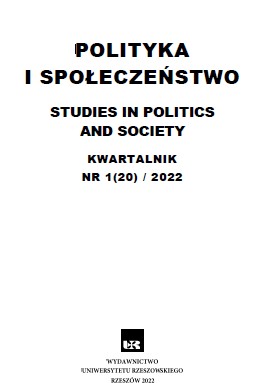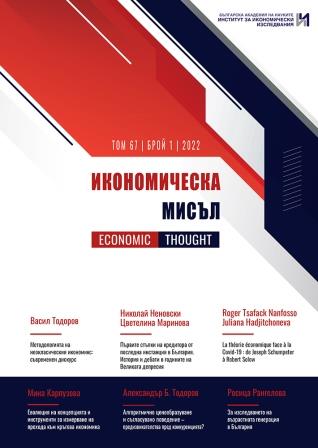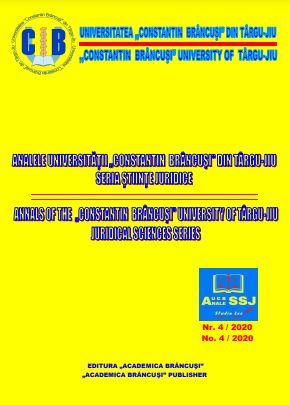Author(s): Lucian Ivan,Cosmin Sandu Badele / Language(s): English
Issue: 4/2021
Cryptocurrencies or virtual currencies have become a global phenomenon in recent years, where data and information about these types of assets and/or financial transactions have taken the form of news on web pages and/or media channels in recent times. Cryptocurrency is a type of financial asset, intangible as opposed to real currencies or real assets (real estate/securities, art, jewellery, etc.), which takes the form of a digital/virtual currency, using cryptography to achieve transaction security. This type of currency is difficult to counterfeit/counterfeit, as most cryptocurrencies are represented by decentralized systems, based on block technology, the presence of a distributed register, imposed by a different network of computers. In recent times, cryptocurrencies have seen spectacular price increases, with their value increasing exponentially on the free market. This is due both to the crisis generated by the global COVID-19 pandemic, against the backdrop of investor distrust of "classic" investment and savings instruments, and against the background of an aggressive global press campaign that has fervently promoted this type of financial assets. Although it is possible that in the coming period, as a result of the saturates of the cryptocurrency market, their value will decrease in terms of how they are made the currency of the future, given the anonymisation of the investor and the easy way of exclusively online trading of virtual currencies specific to the Millennium generation. In recent times, cryptocurrencies have become a successful investment tool, which can continue in the short to medium term, but the investment risk is quite high, being a relatively volatile savings tool. There are prerequisites for the use of virtual currencies as a means of payment for the future, given that "classic" online means (e.g. bank cards) lose in terms of additional costs (e.g. fees charged by banks).
More...
